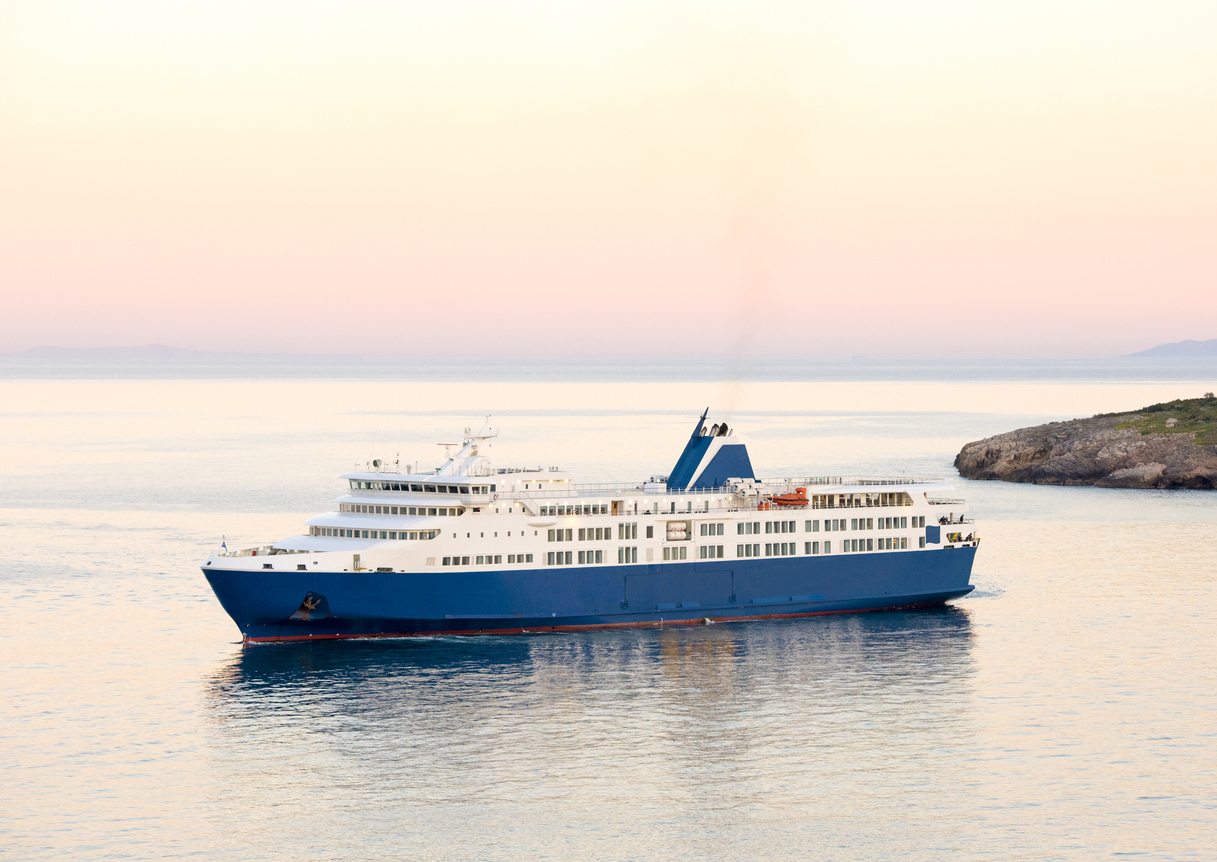Understanding The Importance of Ferry Operators in Nigeria
Understanding The Importance of Ferry Operators in Nigeria
When you think of transportation in Nigeria, you probably imagine roads filled with cars and trucks. However, the country’s transportation infrastructure is much more dynamic than that. In fact, there is an entire type of transportation that most people don’t even know exists: water transportation. In this article, you will learn about a type of water transportation called a ferry operator . These operators are a special kind of vessel used for transporting people across bodies of water. They are not as common as other forms of transport in Nigeria, but they are still essential to the country’s ability to move goods and services from one place to another. Read on to learn more about these operators and their unique role in Nigeria’s transportation industry.
What is a ferry operator?
A ferry operator is a kind of water vessel that is designed to transport passengers and vehicles across a water body. These vessels are usually referred to as ferries, though ferry is actually just the name of the type of vessel they use. Ferries are distinct from other water vessels in that they are not built for long-distance travel. Rather, they are designed for shorter routes between two points on a body of water that is too deep to be crossed by road or rail. Usually, ferries are used for crossing rivers or other bodies of water that are too shallow for other types of vessels, like cruise ships or cargo ships.
Importance of ferry operators in Nigeria
Ferries have played an important role in Nigeria’s transportation history since the country was first being explored and colonized by Europeans. In fact, the first ferries in West Africa were created by the Portuguese in the early 15th century. These ferries linked the island of São Tomé with the coast of what is now Nigeria. Ferries have evolved over the years, but they continue to play an important role in Nigeria’s transportation industry. In fact, ferries are still the primary form of water transportation in many parts of the country. There are many reasons why ferry operators are so important in Nigeria. First, ferry operators provide a critical transportation link in many communities. Without access to ferries, these communities would be cut off from the rest of the country. Ferries are also an environmentally friendly form of transportation. They do not produce the same level of pollution as other forms of transportation, like cars or trucks. This is important in Nigeria, which is struggling to protect its environment from pollution caused by transportation.
Why are ferry operators important?
As you have read, ferry operators are incredibly important to Nigeria’s transportation system. However, why is that? What makes ferry operators so important to Nigeria? What makes ferry operators so important is that they provide access to many areas of the country that would otherwise be inaccessible. For example, ferries are essential to moving goods and services between the country’s islands, which are otherwise isolated from the mainland.
How are ferry operators different from other types of vessels?
Although they are often referred to as ferries, there are many different types of vessels that can be considered ferry operators. These vessels can vary in size, speed, and capacity. However, they are all designed to transport people and goods across bodies of water that are too deep to be used by other types of vessels. One of the most important ways in which ferry operators are different from other vessels is their design. Due to the nature of their work, ferry operators are generally built with shallow drafts. Shallow drafts are the depth of a vessel from the bottom to the waterline. This depth is the minimum depth of water that a vessel can travel in and still remain above water. As you can imagine, ferry operators need to be able to travel in shallow waters. This is necessary to allow the vessels to dock at ports with shallower waters.
Final words: Wrapping up
All in all, it is clear that ferry operators are an important part of Nigeria’s transportation infrastructure. Without ferry operators, many places in the country would be inaccessible. This would have negative effects on the the economy and society of Nigeria in general. If you are planning to move to Nigeria, it is important to understand the role of ferry operators in the country’s transportation system. This way, you can plan your trip to take advantage of the availability of ferries in your area and minimize the risk of being trapped in areas that aren’t accessible by other modes of transportation.








LEAVE A COMMENT
You must be logged in to post a comment.